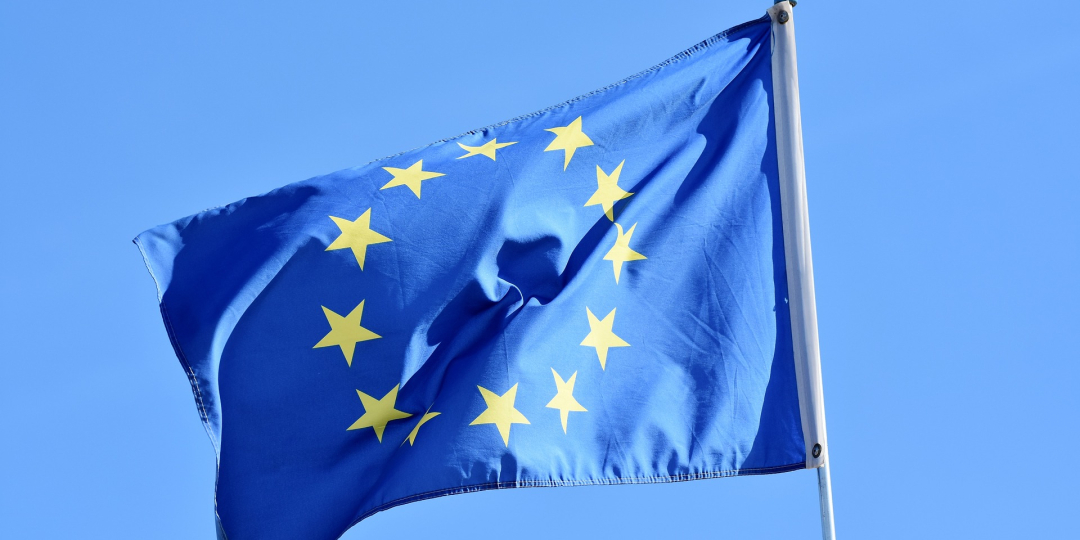European and US media report that yesterday the EU agreed to open its borders to non-EU visitors who have been fully vaccinated (with an approved vaccine) this summer.
The 27 member states of the EU endorsed a plan that would allow visits from tourists who have been mostly barred from entering the bloc for more than a year. But it seems that, initially, the application of the new rules will be somewhat limited, due to issues around certification and verification of certificates.
The new rules could be implemented almost immediately in countries that are well-prepared for tourism. Greece has already said it is ready to throw open borders immediately.
Individual states may, if they desire, withdraw from the programme at any time, or require PCR tests or implement quarantines for certain visitors.
Children may not be required to show vaccination certificates and may provide PCR certificates, but this is not yet certain.
The new rules are set to become EU policy next week after clearing some bureaucratic hurdles, and, depending on how well each country has prepared to welcome tourists, could be implemented immediately. Some countries, like Greece, have already said that they will remove testing and quarantine requirements for vaccinated visitors.
Under the programme, visitors to the EU must have completed immunisation a minimum of two weeks prior to arrival. The vaccines used would have to be approved by the EU regulator or the WHO. That presently covers AstraZeneca, Johnson & Johnson, Moderna, Pfizer-BioNTech and Sinopharm, according to several US media.
Key questions on the application of the rules relate to the integrity of certificates issued outside the EU. There are question-marks over US-issued vaccination certificates, which have already been fingered as susceptible to fraud. Presently, the plan is that the EU will provide all vaccinees with Digital Green Certificates by the end of June. These are readable across the EU, and the EU says it wants, at some time, to bridge these certificates with certificates issued in partner countries, like the US.
The NY Times quotes the draft rules as: “Member states should be able to accept third country certificates containing at least the minimum data set based on national law, taking into account the ability to verify the authenticity, validity and integrity of the certificate and whether it contains all relevant data.”
There is also a plan afoot to allow in non-vaccinated business and leisure tourists from a list of ‘safe countries’, provided they can provide a negative PCR test. A list of safe countries was due to have been released yesterday, but this appears not to have happened.
Countries would be deemed ‘safe’ based on epidemiological criteria that is due to be finalised on Friday. The NY Times said it had seen a draft of the criteria, which require a COVID Notification Rate (the number of cases recorded over the previous 14 days per 100 000 population) of below 75. Most EU countries have COVID Notification Rates of well over 75, and only three (Finland, Malta and Portugal) are below the benchmark.
There is a concern that travel for vaccinated people will deepen the divide between countries with limited or delayed access to vaccines, and the richer nations with more access.
It is still unknown how the question of countries with a heavy presence of variants of the COVID virus will be dealt with.














